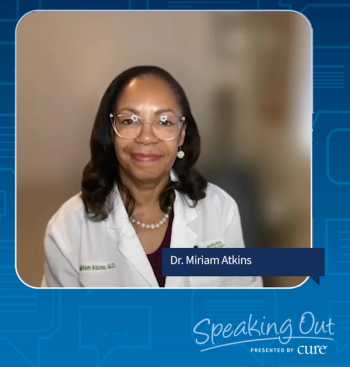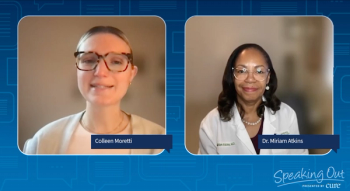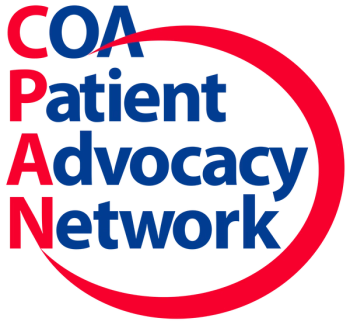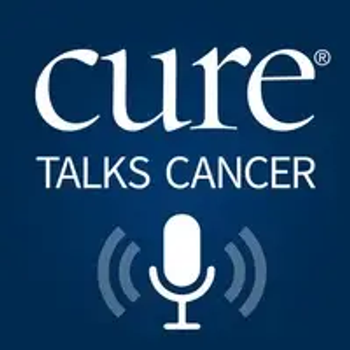
COA Patient Advocacy Network
Latest Content







As a part of its “Speaking Out” video series, CURE® spoke with Dr. Miriam Atkins, on behalf of the Community Oncology Alliance, about how cancer care has changed over the years.

As a part of its “Speaking Out” video series, CURE® spoke with Dr. Miriam Atkins, on behalf of the Community Oncology Alliance, about how patients can better understand the emotions their oncologists may be going through during treatment.

As a part of its “Speaking Out” video series, CURE® spoke with Dr. Miriam Atkins, on behalf of the Community Oncology Alliance, about clinical trials in cancer care.


As a part of its “Speaking Out” video series, CURE® spoke with Dr. Miriam Atkins, on behalf of the Community Oncology Alliance, about the challenges patients and physicians face with insurance matters during cancer care.
















Physicians and patients agree: cancer care should be effective and high quality.

A cancer diagnosis is life-changing. One of the biggest changes is adjusting to the financial burden.

Read this months CPAN news bulletin.

In this episode of the “CURE Talks Cancer” podcast, we spoke with Rose Gerber, a breast cancer survivor and advocate, about disparities in cancer care, in particular in breast cancer.